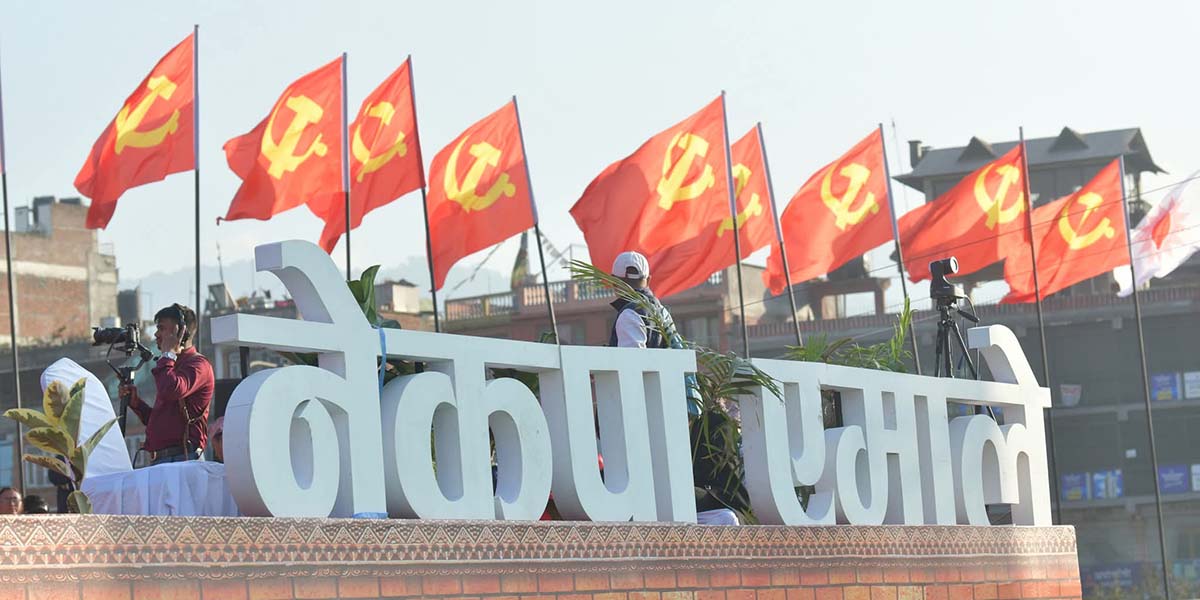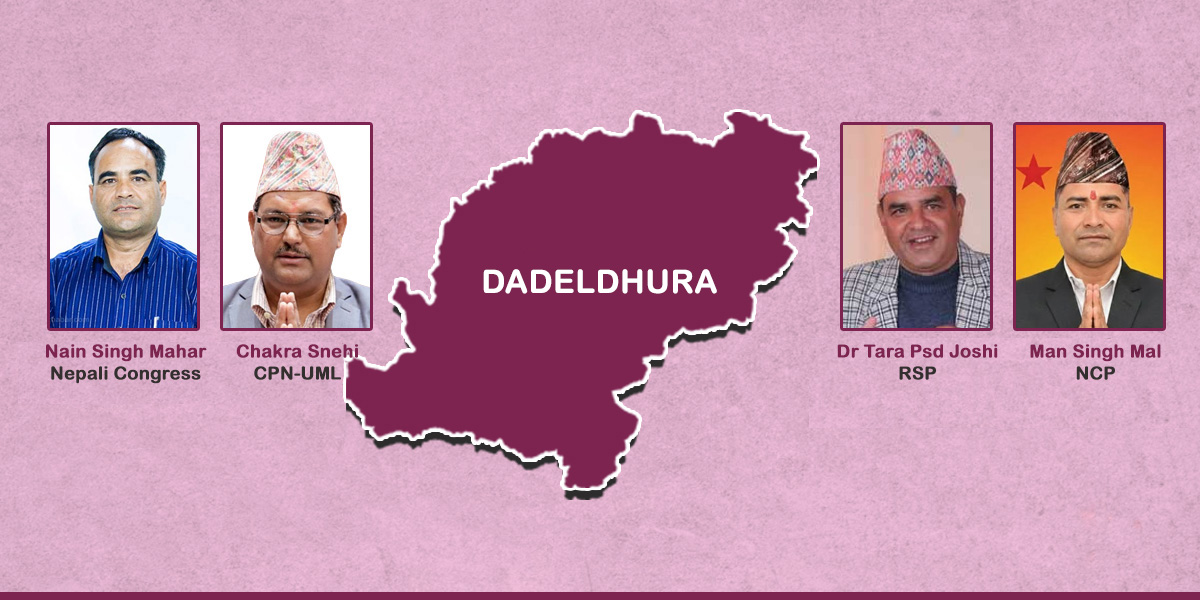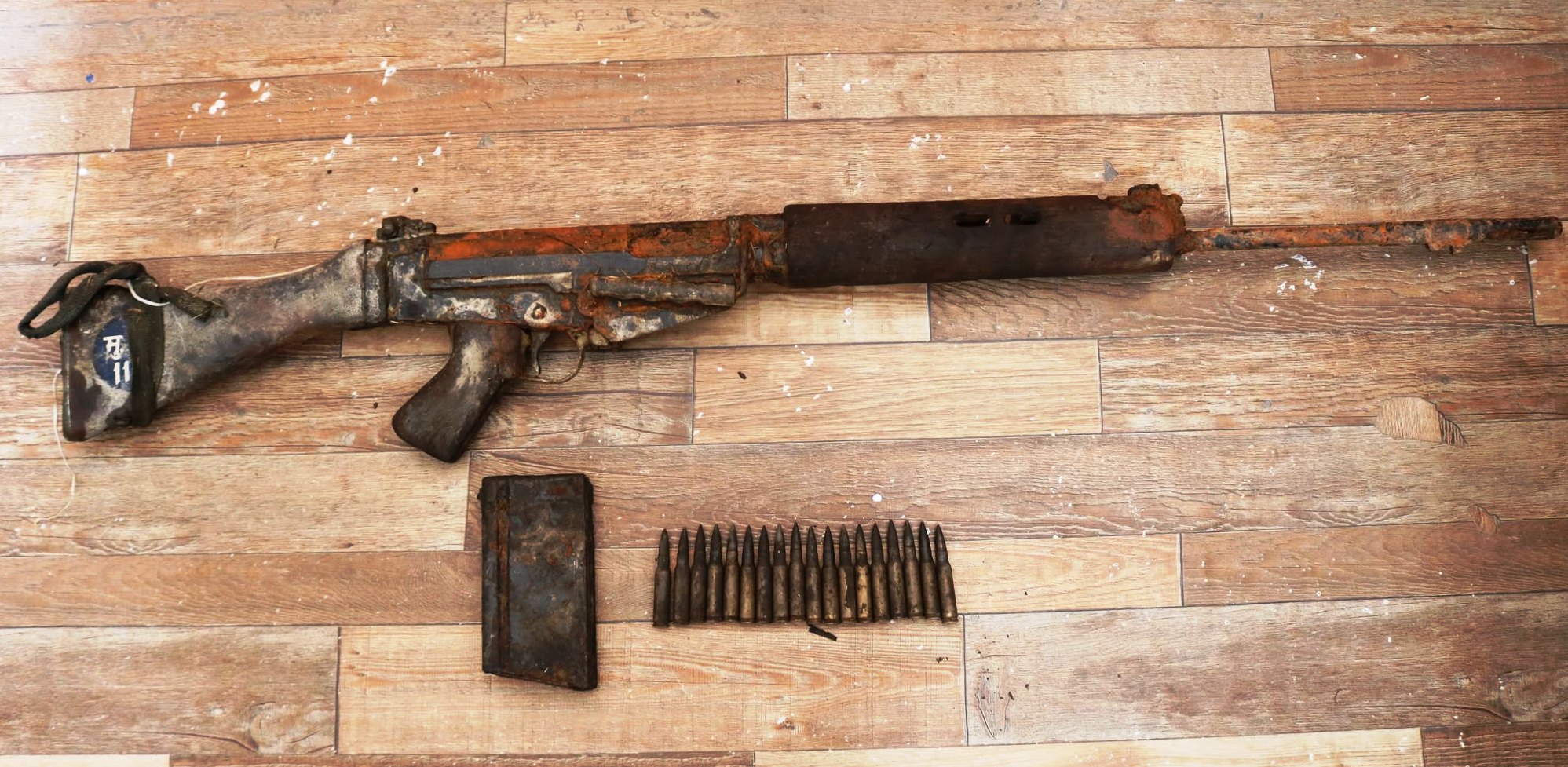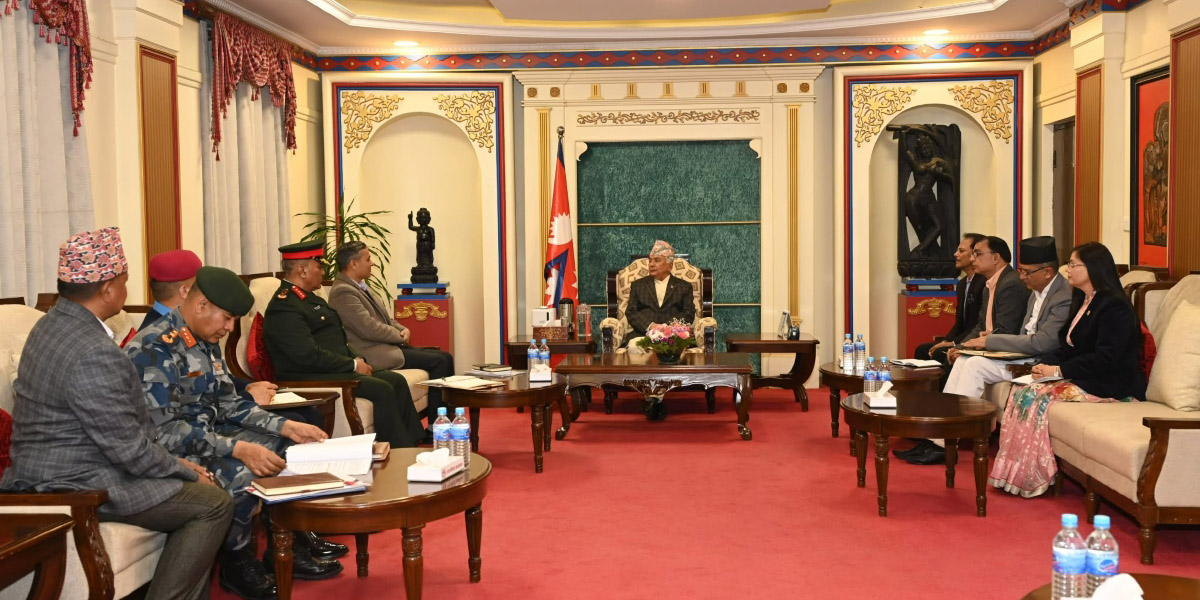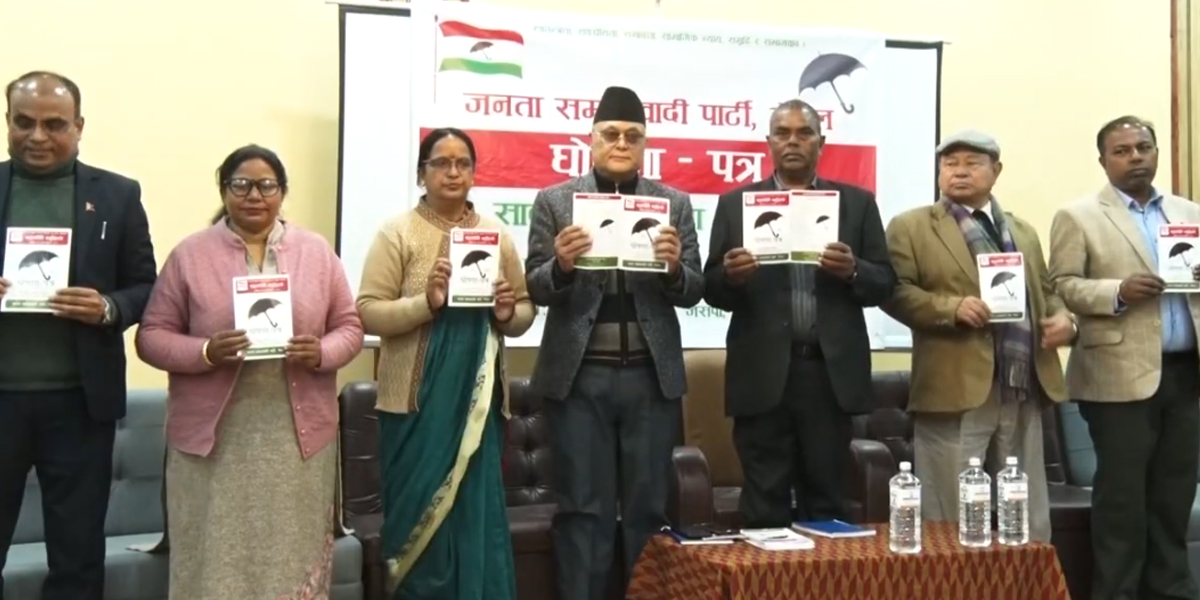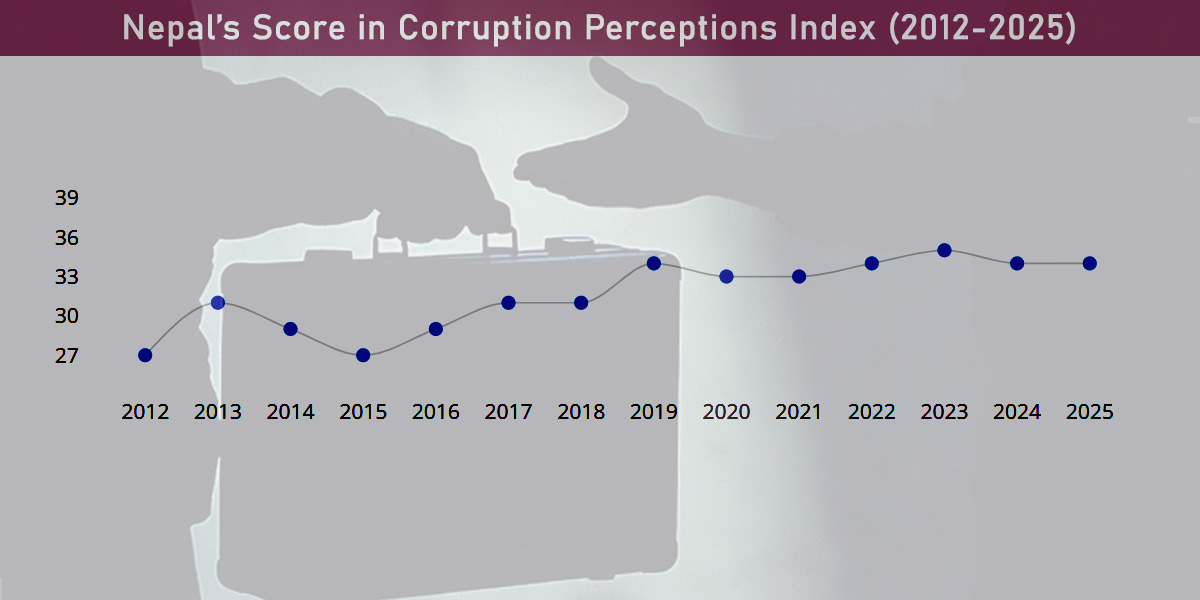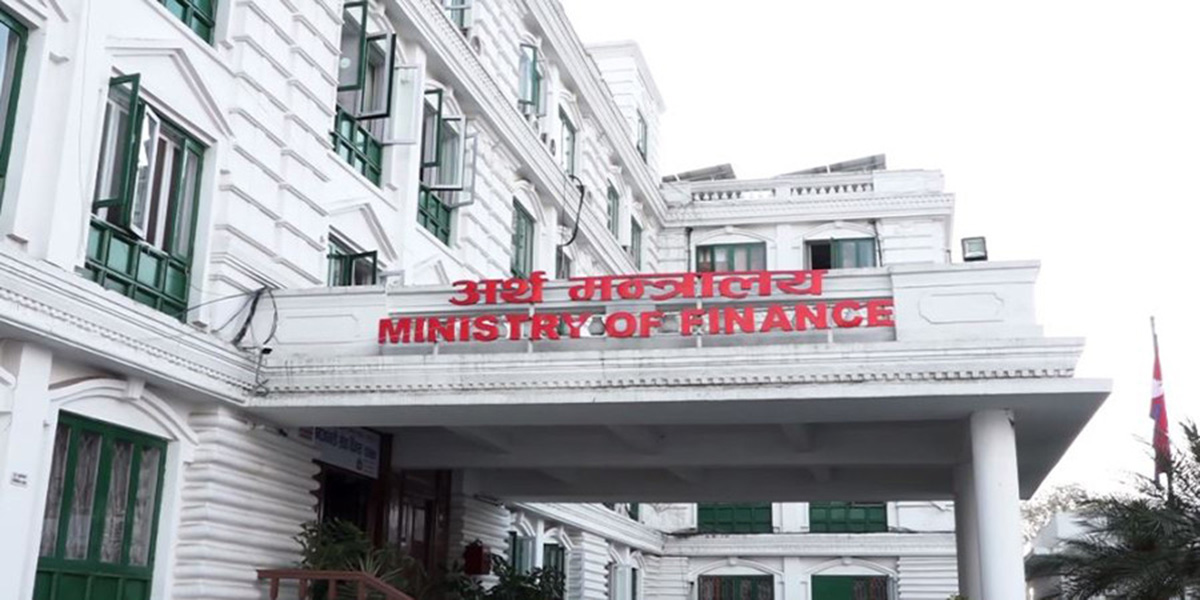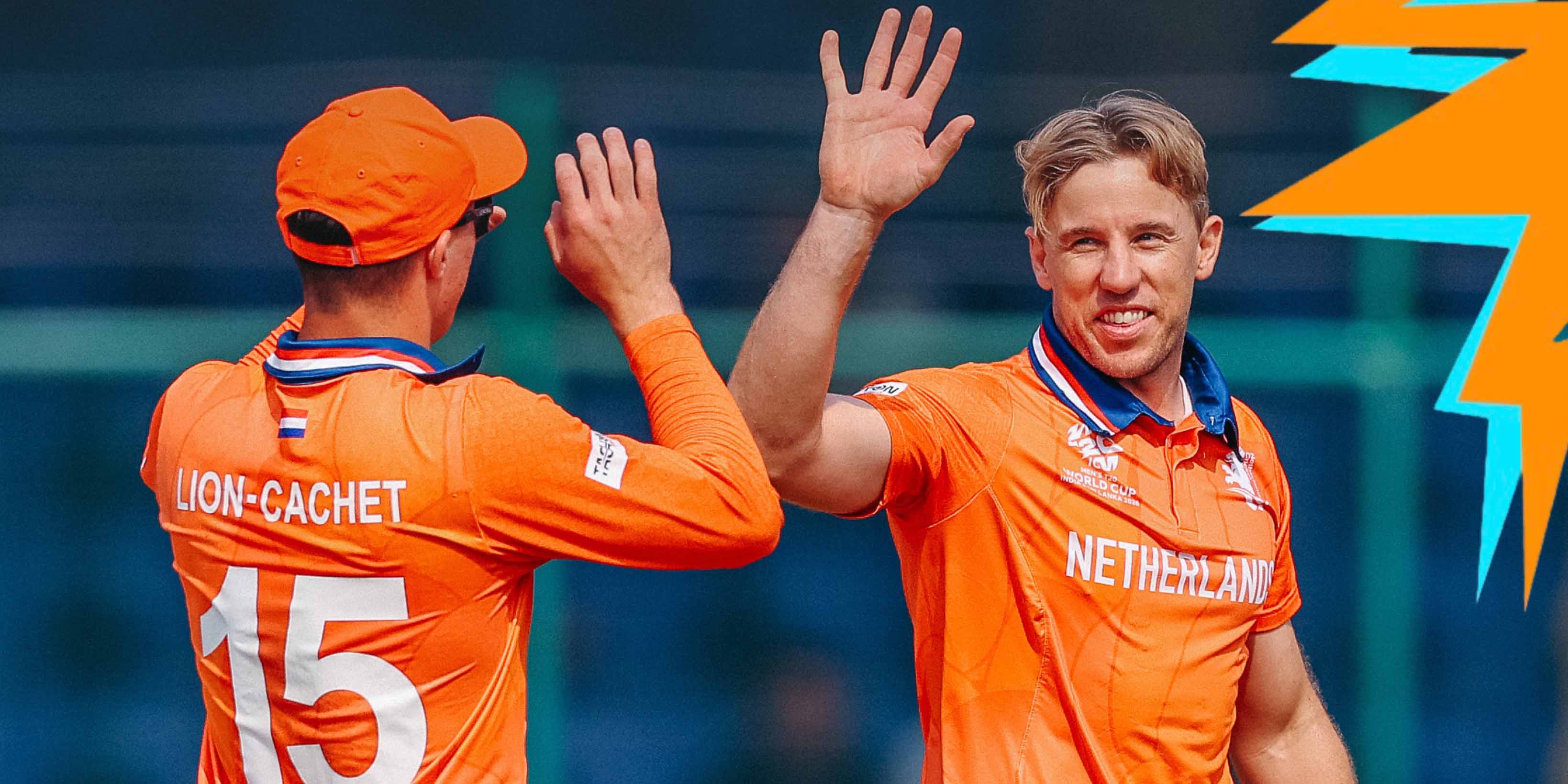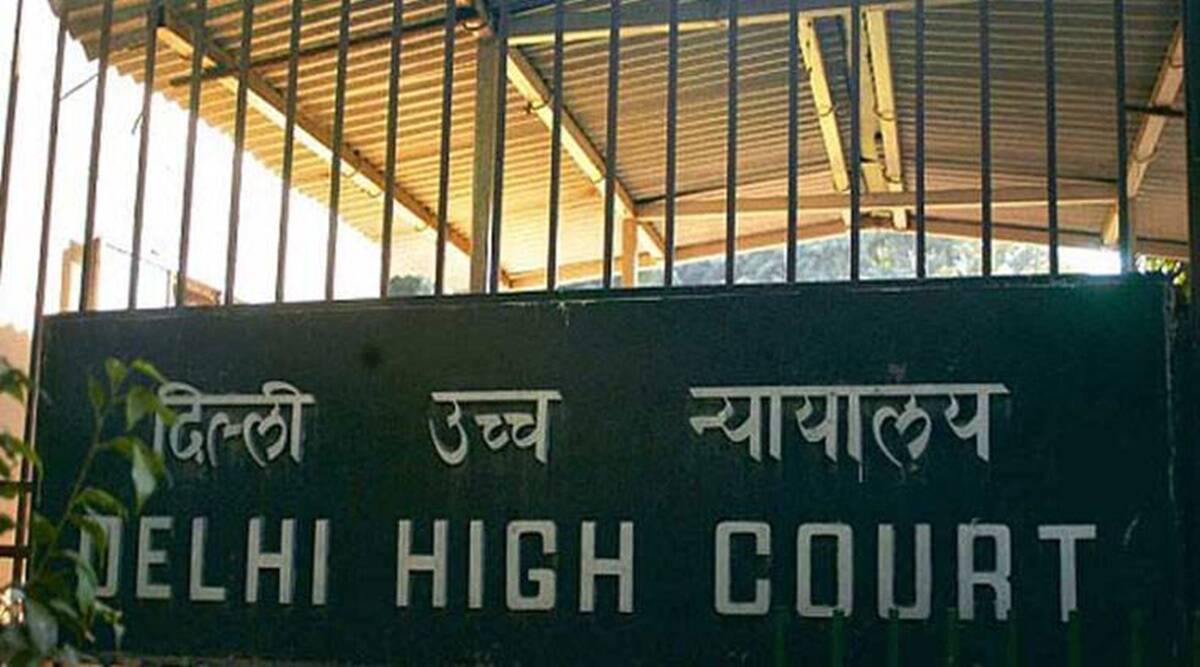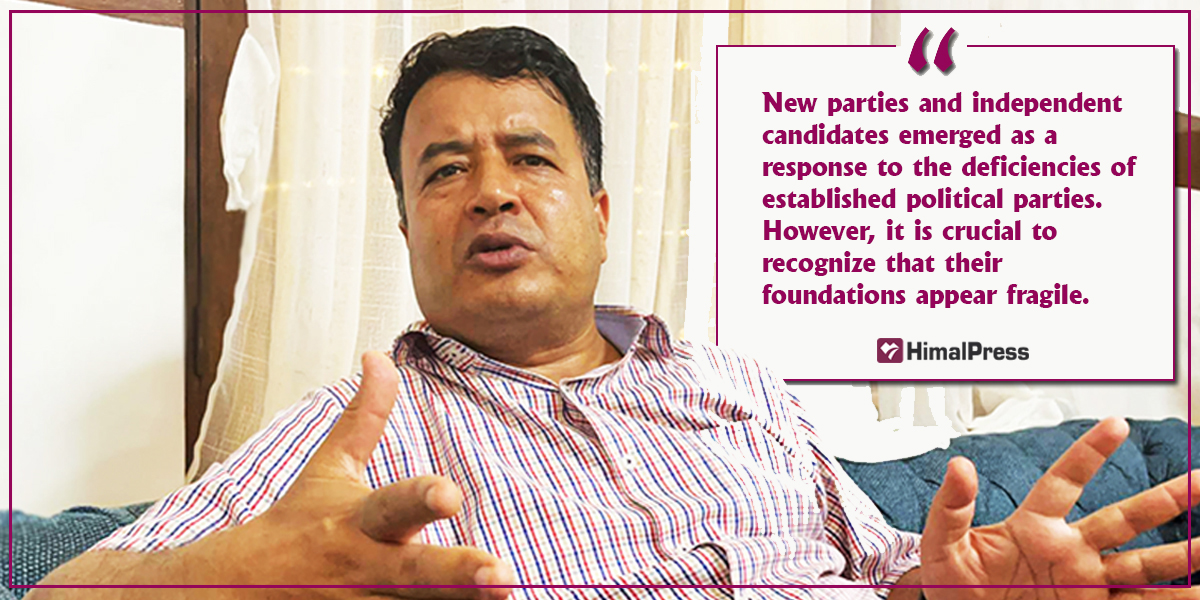
Mahesh Basnet is a politburo member of the main opposition CPN-UML. Also a former industry minsiter, Chandra Shekhar Adhikari of Himal Press talked to Basnet on the current politics, and the activities of the government as well as his party. Excerpts:
What is your perspective on the recent political developments?
I haven’t remained idle since my electoral defeat. It has offered me an opportunity to clarify my position. I’ve chosen to address the general allegations made against me. My work and participation in meetings have become more active. Both the Parliament and my constituency have felt the impact of my defeat. Have you heard the voice of the leader who won this constituency? I lost by a narrow margin. My commitment to serving the people transcends political affiliations. Since the age of 20, I’ve been listening to the public and working to find solutions to their problems. I haven’t noticed a significant change in my life after the defeat because I continue to work for the well-being of the people.
What is your assessment of the current state of the country’s politics?
The country is teetering on the brink of chaos. If the political parties fail to take control promptly, it will lead to further problems. The Maoists are leading a coalition government, but their leader Pushpa Kamal Dahal lacks the capacity to govern effectively. He seems to be prolonging the latter years of his political career. Instead of seeking convenience, the Nepali Congress should form a government with the UML for the benefit of the nation and to rein in those who have risen through social media. The political transformation in 1990 wouldn’t have been possible without these forces coming together. Even the establishment of a republican system and a constitution wouldn’t have been feasible. The time has come for the UML and NC to collaborate against anarchy and disruption and uphold fair competition.
Purification within political parties is essential. Nepali Congress and UML both need to correct themselves. We should be prepared to proceed decisively by establishing a minimum common agreement to combat corruption within our ranks. Just as the NC and UML worked together to promulgate the new constitution, there is no alternative but to come together in the future.
Are you suggesting the possibility of a power-sharing alliance between the Nepali Congress and UML?
It is possible, although I can’t confirm if formal discussions have taken place. Unofficially, there are calls for the UML and NC to unite. Some leaders from both parties may have explored this idea. Many leaders, like myself, believe that the two parties should collaborate. The current coalition government is struggling to function effectively. Despite banks holding substantial reserves, people are unable to access credit. There is an economic downturn in the market, with negligible real transaction activity, and the government has been unable to pay construction entrepreneurs. The current leadership appears to be doing little more than causing harm to the country and promoting new elites. While investigations may appear to be underway into various scandals, it could be a tactic to keep such issues under wraps. This is why second-tier leaders are advocating for an alliance between NC and UML. Discussions have taken place, but concrete decisions are pending. It is an option that should be seriously considered, as there seems to be no other alternative.
Why do you think NC will break the alliance, especially as its turn to lead the government is approaching?
While the coalition partners have agreed to lead the government by turns, it is important to note that Dahal, who is in the later stages of his political career, may not readily relinquish power. NC President Deuba should be mindful of this possibility. There are indications that Dahal might seek support from CPN-UML Chairman KP Sharma Oli. However, it is uncertain whether our chairman will be receptive to the idea of the same individual staying in power. In such a scenario, it is crucial for Deuba to work with the UML to maintain stability and assume government leadership.
There’s also some dissatisfaction within the UML, but addressing these issues could lead to improvements within the party. Even after the departures of Madhav Kumar Nepal and Jhala Nath Khanal, the party remains strong. Given this situation, it is essential to collaborate with another capable party, the NC, to guide the country from chaos to stability and development. This is not the time to hesitate or listen to detractors. While there may have been some shortcomings in party leadership in the past, it is necessary to move forward by addressing these issues.
Is UML attempting to join the government to shield its party leaders from corruption allegations?
We cannot have confidence in a government that operates based on intelligence provided by foreign entities and seems unaware of the activities of its own staff to effectively combat corruption. As investigations progress, it is possible that individuals leading the government may face legal consequences. The government appears to be using the threat of investigations to intimidate leaders from other parties. For instance, the Baluwatar land grab case and gold smuggling case investigations have seen limited progress. Now, they are saying that investigations into cases like Giri Bandhu, Yeti Holdings, and Omni will be initiated. What is stopping them? Accusations that UML is involved in a fake refugee scam seem to be based solely on the arrest of Top Bahadur Rayamajhi. Teknath Rijal later suggested that Rayamajhi became active in all these after he met with Maoist Chairman Dahal. From the beginning, I have maintained that these investigations are not being pursued diligently. They are merely a ploy to put a lid on these cases forever. Home Minister Narayan Kaji Shrestha initiated an investigation but appears to be unsure about how to proceed.
Are you saying that Dahal’s political career is coming to an end, and the nation should not expect much from him?
Yes, it is evident that Dahal is in the twilight of his political career. This is reflected in his efforts to garner support from Europe, the US, and India, which indicate a certain desperation. He has vacillated between making allegations and then claiming he cannot control his emotions.
In contrast, UML Chairman Oli has consistently navigated relations with India, fostered strong ties with both India and China and even incorporated disputed territories into the Nepali map. Dahal has been hesitant to take ownership of this map. He has not effectively countered China’s use of Nepal’s old map in its new map. Furthermore, Nepal was conspicuously absent from the G20 Summit held in our neighborhood. What was our ambassador doing? These issues may look simple but are very serious. Our ambassadors in India and China have not delivered satisfactory performance.
The government has failed to seek clarification from the Chinese envoy who made controversial remarks, leaving questions about the effectiveness of our diplomatic machinery. I feel ashamed to hear remarks from our foreign ambassador.
During Oli’s tenure, we witnessed notable progress in infrastructure development. The long-stalled postal road project gained pace. UML gained strength in Madhesh based on these development works. How many hydropower projects were built during Oli’s leadership? How many kilometers of roads were built? What is Dahal doing now? Dahal’s leadership appears to be characterized more by rhetoric than concrete actions. I wonder why the NC is promoting such leaders.
Didn’t new parties and independent candidates emerge because of such tendencies of established and old parties?
Absolutely, new parties and independent candidates have indeed emerged as a response to the deficiencies of established and long-standing political parties. However, it is crucial to recognize that their foundations often appear fragile. Believing that these newcomers can single-handedly build a nation is akin to constructing a sandcastle. Relying on individuals who are always in the spotlight and vocal on social media to lead the country might not be a sustainable path forward. It is important to remember that this perspective can undermine the accomplishments of political parties in the past, even though some of them became corrupt in their later stages.
To address this situation, political parties should come together and initiate a comprehensive purification campaign. There is no alternative to the multi-party system. We should only consider alternatives if a viable option arises globally. The rise of independent candidates can be attributed to the perceived failures and misconduct within political parties. Rectifying these issues, especially through accountable leadership, is paramount to quell this trend.
Speaking specifically about the Kathmandu Metropolitan City (KMC) Mayor, Balen Shah, it is evident that he has faced challenges in effectively managing resources. The KMC’s garbage collection system has continued to operate without substantial improvements, with collectors charging households Rs 450-500 per month to collect garbage once a week. Parking management also appears to be in disarray. Instead of addressing these fundamental issues, the Mayor seems more focused on demolishing structures.
A similar situation can be observed in the case of Harka Sampang in Dharan. The Dharan Mayor’s conduct has raised concerns, as he appears to disregard basic courtesy. Furthermore, some of his statements have the potential to incite religious conflicts which should be subject to appropriate action. It is important to emphasize that people did not vote for anarchy. Therefore, it is imperative to maintain order and stability.
Does this mean you believe there is no future for the Rastriya Swatantra Party?
Is there any doubt? Their recent victory in the by-elections was largely because the NC supported the party with no support base. While they may have secured victory in previous elections by leveraging funds from Nepalis working abroad, it is doubtful whether they can replicate this success in the upcoming elections. The public has become increasingly aware of the reality.
That said, it is essential for all political parties to introspect and address their internal issues. Democracy should not just be a slogan but a tangible practice within the parties themselves. If the NC and UML can form a government with shared perspectives on diplomacy, the economy, and other critical issues, the nation can undergo transformation in a matter of months.

 Himal Press
Himal Press 
